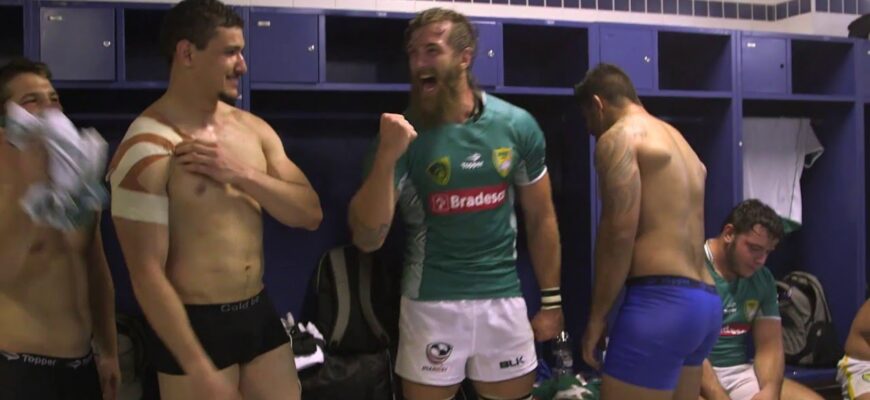The world of professional football is a cauldron of passion, skill, and, occasionally, high-stakes psychological warfare. While battles are primarily waged on the pitch, some clubs have been accused of extending their competitive strategies into areas traditionally considered neutral. A recent accusation leveled against Portuguese giants FC Porto by a match official has ignited a fresh debate on the delicate balance between competitive advocacy and outright intimidation within the confines of a stadium.
The Allegation: A Replay of Controversy
At the heart of the matter lies a rather unconventional scene: a television screen in the referee`s locker room, purportedly displaying a curated selection of controversial game incidents. The referee in question claims this setup by FC Porto constituted a clear attempt at intimidation. One might almost admire the audacious creativity, or perhaps question the interpretation of “hospitality,” in setting such a stage.
Imagine, if you will, preparing for a demanding match, focusing on the nuances of the game, only to be greeted by a highlight reel of past grievances, meticulously edited to underscore perceived officiating errors. This isn`t a pre-match tactical briefing from a coach, but rather a silent, yet undeniably pointed, message directed at the very individuals tasked with impartial judgment. It`s less a warm welcome and more an unspoken “We`re watching you, and we remember.”
Beyond the Whistle: The Psychological Game
Referees operate under immense pressure. Every decision is scrutinized by millions, analyzed in slow motion, and often becomes the subject of fervent debate. Their integrity is paramount to the sport`s credibility. Introducing external elements designed to influence their mental state, particularly in private areas like locker rooms, crosses a significant ethical line.
This incident transcends a simple complaint; it delves into the psychological underpinnings of match officiating. Is it merely a robust form of protest, a club`s way of emphatically stating their case? Or is it a calculated maneuver to implant doubt, subtly sway future decisions, and exert an undue advantage? The thin line separating these intentions is precisely where the controversy resides.
The Broader Implications for Sports Governance
Such accusations highlight a critical area for sports governing bodies. While regulations exist to prevent direct tampering or bribery, the realm of psychological pressure remains a grey area. If clubs can systematically display contentious footage to officials in designated neutral zones, what other forms of subtle influence might become permissible?
Consider the potential precedents:
- Erosion of Neutrality: Locker rooms are meant to be safe, neutral spaces for officials. Converting them into platforms for partisan critique undermines this fundamental principle.
- Increased Pressure: Already under intense scrutiny, referees should be shielded from overt attempts to increase pressure or question their impartiality before a ball is even kicked.
- Fair Play Concerns: The spirit of fair play extends beyond the pitch. It encompasses all interactions between clubs and officials, demanding respect and an environment free from coercive tactics.
The efficacy of such a tactic is, of course, debatable. A resilient referee might view it as amateur dramatics, strengthening their resolve for impartiality. However, the intent behind such an act remains problematic, regardless of its ultimate success.
A Call for Clarity and Enforcement
This episode serves as a stark reminder that sports integrity is a continuous battle, fought not just against overt corruption but also against more nuanced forms of manipulation. Governing bodies must review existing protocols regarding club-official interactions and consider specific guidelines to prohibit such “visual protest” in sensitive areas. The sanctity of the referee`s locker room, much like the integrity of the game itself, should be non-negotiable.
In the grand theater of football, while drama is expected, the stage for it should be the field of play, not a clandestine screening room designed to influence the arbiters of the sport. Maintaining the sanctity of the referee`s role requires vigilance against all forms of undue influence, however subtly they may be presented.









